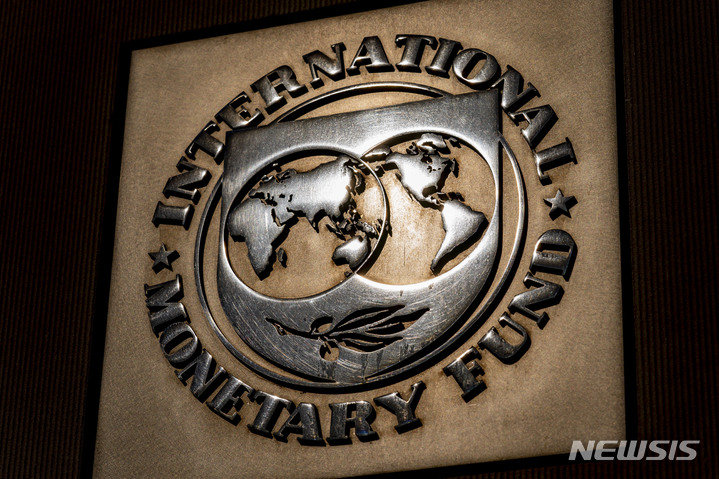IMF warns of Asian corporate debt
The International Monetary Fund (IMF) warned of the possibility of insolvency, saying that Asian corporate debt burdens are soaring amid high interest rates. In Korea, too, the share of debt with a high probability of default (default) in total corporate debt far exceeded the global average, raising the sound of crisis warnings.
Recently, the IMF posted an article on its blog saying, “Amid high interest rates, Asia needs to monitor corporate debt growth.” It is adding to the burden of increased market volatility,” he pointed out.
Korea also found that corporate debt with an interest coverage ratio (ICR) less than 1 accounted for 22.1% of total corporate debt from July 2021 to June 202. This is higher than the global average (16.8%) and Asian average (13.95%). The interest coverage ratio is the ratio of operating profit to interest expense, and if it is less than 1, it means that the company is going out more money in interest than it is making. Therefore, if the interest coverage ratio is less than 1, the probability of falling into default is high.
In India (31.1%), Thailand (28.03%), China (25.8%), and Indonesia (22.7%), along with Korea, debt held by companies at risk of default exceeded 20% of total debt. Japan was below the world average at 15.8%.
Earlier this month, the International Monetary Fund (IMF), in its Asia-Pacific Economic Outlook report released earlier this month, worried about bad debts of Korean and Singaporean companies if interest rates rise sharply. Even in a slight decline scenario in which corporate debt interest rates rise by 1.5 percentage points, marginal companies with an interest coverage ratio of less than 1 appear one after another. In the real estate sector, South Korea and Vietnam have high levels of bad debt, the IMF warned.

If interest rates rise further and corporate debt rates rise by 2.5 percentage points, marginal corporate debt will rise sharply in most Asian countries, except Australia. The IMF warns that the risk will rise to the level of a credit crunch.
In fact, in the first quarter of this year (January to March), the growth potential and profitability of domestic companies showed a sharp drop compared to the same period last year. On the 29th, the Federation of Korean Industries analyzed the first quarter reports of 2,263 KOSPI and KOSDAQ listed companies, and found that the damage suffered by companies since the first quarter of last year, when the Russian invasion of Ukraine and the global interest rate hike began, was reflected.
In particular, as the growth rate of operating profit, which shows growth potential, has deteriorated, there is a warning that the economic growth engine led by companies is weakening. The year-on-year growth rate of operating profits of the surveyed companies fell by 92.1 percentage points from 17.9% in the first quarter of last year to -74.2% in the first quarter of this year. During the same period, the sales growth rate also fell by 27.7 percentage points from 21.8% to -5.9%.
Profitability indicators also deteriorated. In the aftermath of the increase in the price of major raw materials, the operating profit rate of companies recorded 2.0% in the first quarter of this year, down 5.4 percentage points from the same period last year (7.4%). As a result, the debt ratio, which is the ratio of debt burden to capital of companies, increased by 6.5 percentage points from 72.7% to 79.3% due to the global interest rate hike trend. Inventory turnover, which is the ratio of inventory to sales, fell by 67.5 percentage points as inventory piled up at each company due to the sluggish consumption.
The Federation of Korean Industries (FKI) believes that the trend of rising interest rates and rising raw material prices, which had a direct impact on poor performance in the first quarter of this year, is a recent stabilization trend. However, it is a position that it cannot be relieved as risk factors in the international community always exist, such as the ongoing war in Ukraine and the escalating conflict between the US and China. Yoo Jeong-joo, head of the corporate policy team at the FKI, said, “In line with the global economic instability, our companies are also taking a direct hit. In the worst case, there is a possibility of’up and down’, so we need to closely monitor the economy and respond quickly with the government,” he said.
New York =
Source: Donga
Mark Jones is a world traveler and journalist for News Rebeat. With a curious mind and a love of adventure, Mark brings a unique perspective to the latest global events and provides in-depth and thought-provoking coverage of the world at large.